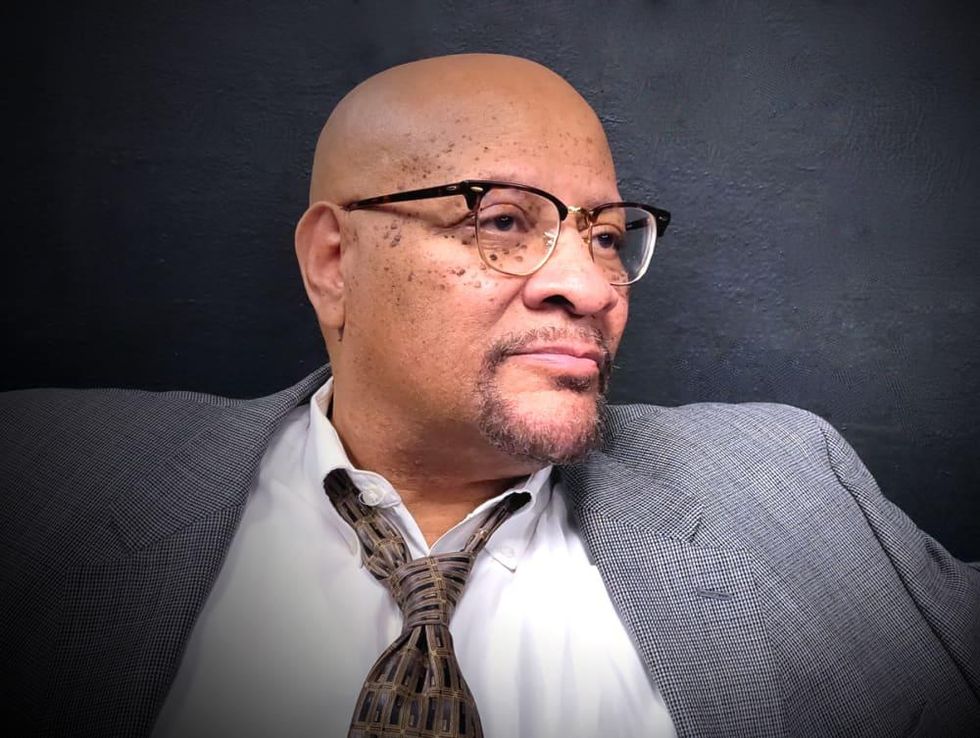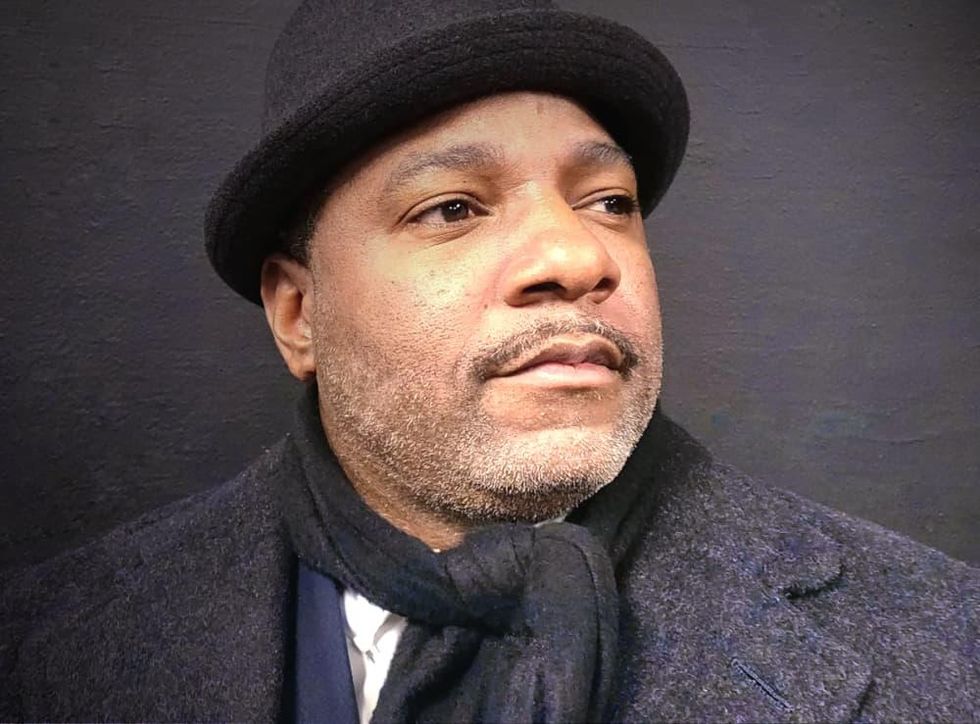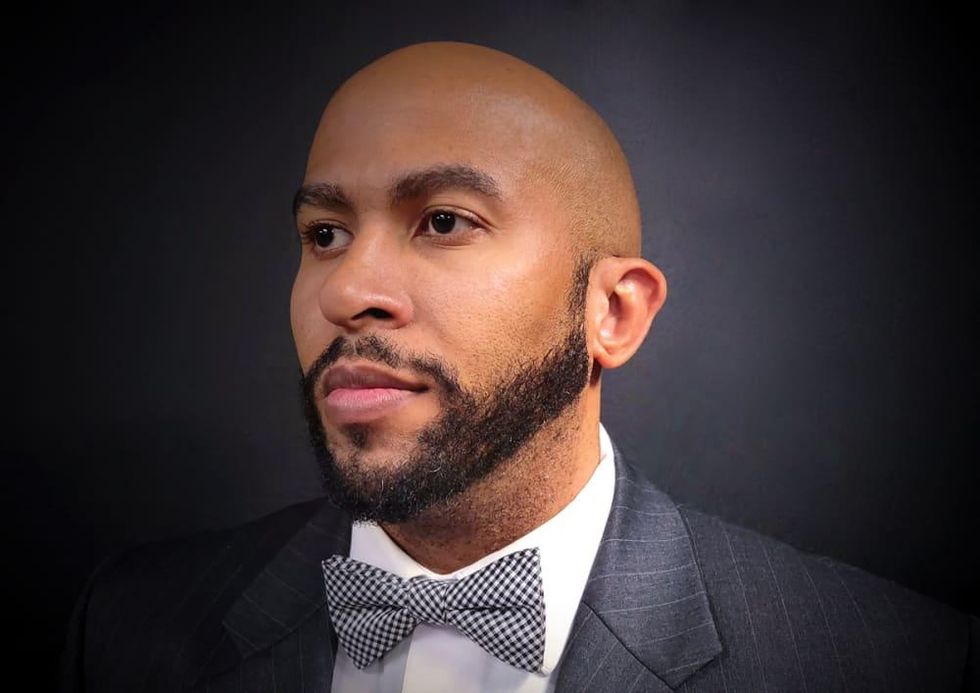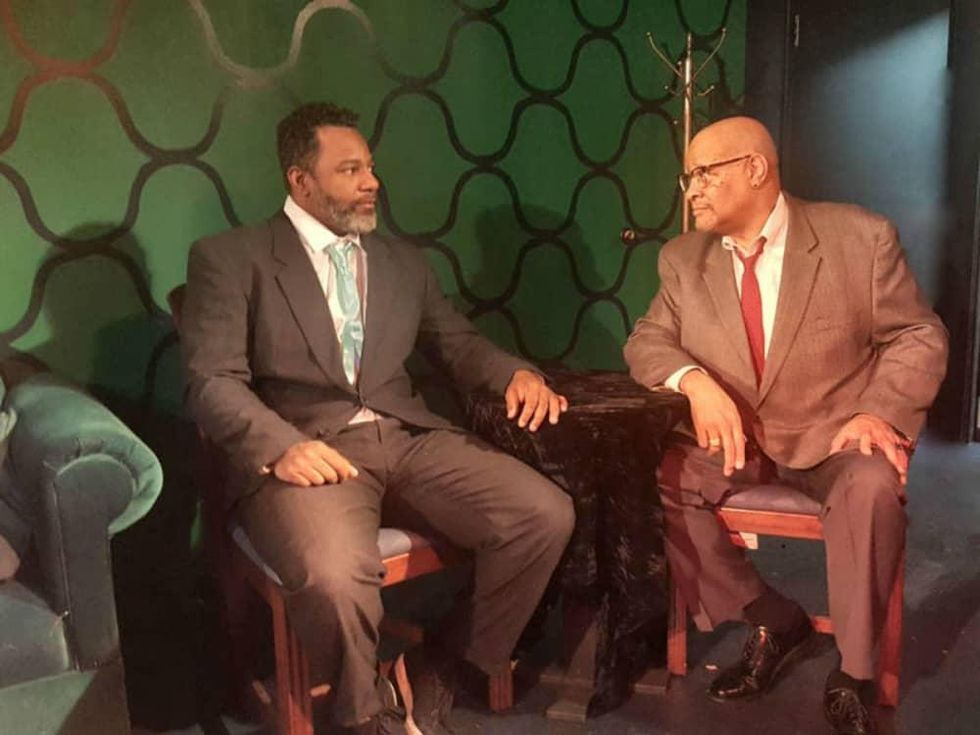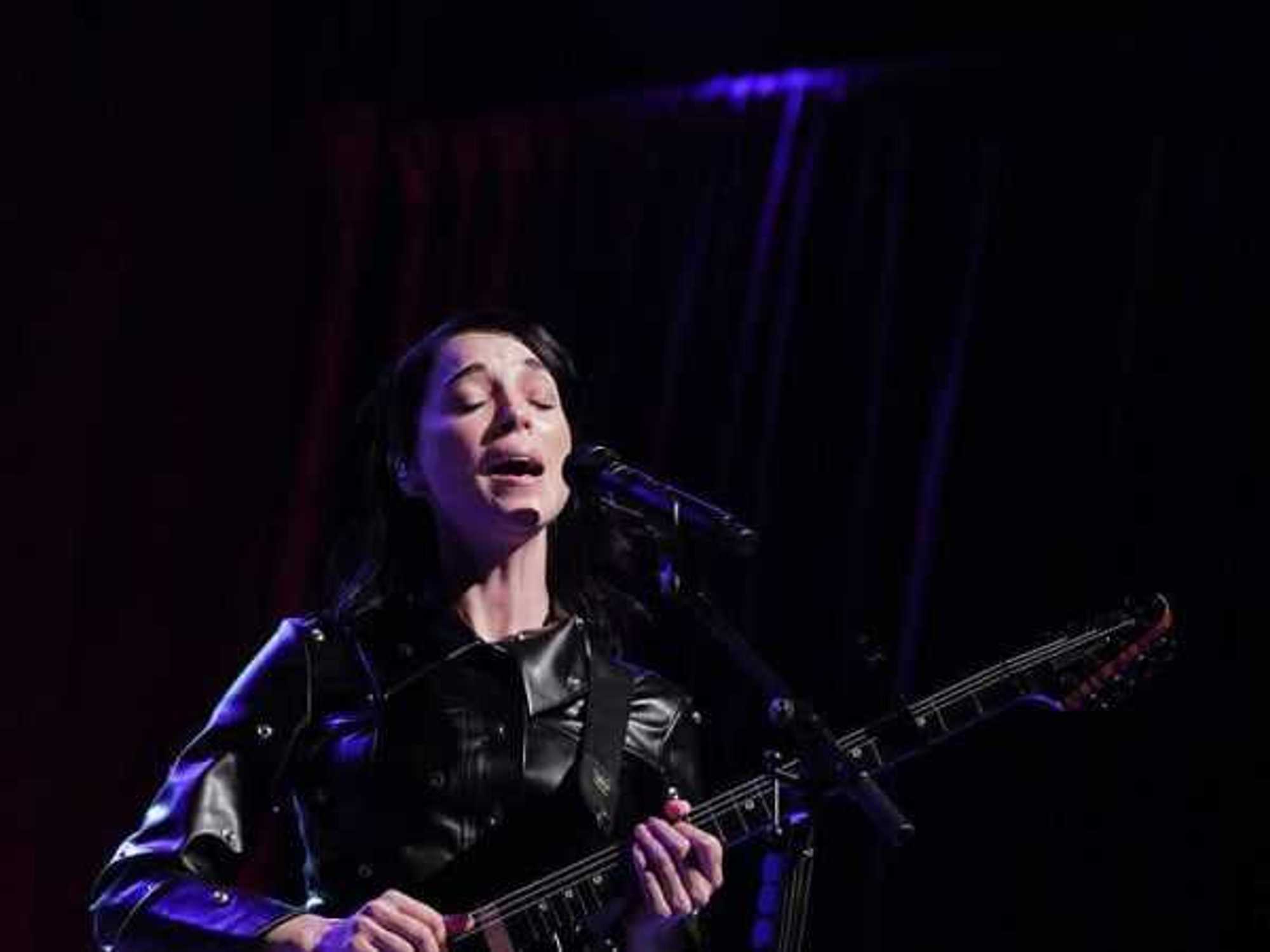Meeting of the Minds
Riveting San Antonio play imagines conversation between MLK and Malcolm X
In observance of DreamWeek, San Antonio’s seventeen-day celebration of the life and legacy of Dr. Martin Luther King, Jr., the Carver Community Cultural Center will present a two-night revival of Jeff Stetson’s famed 1987 play The Meeting on January 24-25.
Reminiscent of the 1968 televised debates between Gore Vidal and William F. Buckley Jr., The Meeting is an imagined conversation between King and Malcolm X, two fiery orators who were both wildly popular among their followers at the time. Through political debate, philosophical one-upping, and the occasional mic-dropping zinger, the play skillfully demonstrates their starkly different methods of activism and political ideology.
The play is set in a Harlem hotel room during the height of the civil rights movement. The year is 1965, not long before Malcolm X would be shot to death by Nation of Islam members on February 21, while speaking at a rally at the Audubon Ballroom in Washington Heights. Three years later, King would be assassinated on the balcony of the Lorraine Motel in Memphis by James Earl Ray.
The Meeting stars Carl E. Brooks as Malcolm X; actor/stand-up comedian Ronnie Whyman Alexander as King; and Torence B. White (also the show’s director) as Rashad, a handler for Malcolm X who is dubious of King’s underlying intentions. Though fictional, the story offers a deeper understanding of the history of the civil rights movement, which took place from 1954-1968 as the Vietnam War raged overseas.
In the play, Malcolm X decides to secretly meet with King, who happens to be in New York City at the same time. King agrees to the rendezvous, though he must enter through the back stairs to reach his host’s suite in order to avoid spectators, the press, and possibly the FBI’s J. Edgar Hoover, whom they fear may have bugged the room. “Mr. Hoover does have a way of making people feel paranoid,” Malcolm X quips in the play.
“These are just two ordinary guys having a conversation behind closed doors,” White explains. “No cameras. No ‘I have a dream.’ Not two icons, just two men.”
Though both are icons of the 20th century, King and Malcolm X were relative strangers and idealogical opposites, things Stetson uses while establishing their relationship in the play. From across the room, the pair awkwardly begin a conversation that quickly reveals their divergent philosophies.
King is the lamb, who hopes to find a utopian harmony among people from different backgrounds through a message of love and peaceful resistance. Malcolm X, whose family home was firebombed that morning in the play (this also reportedly happened the week before his assassination), is the lion unopposed to violence and revenge as a means to conquer institutionalized oppression. But unlike Gore and Buckley, who clearly despised one another, Malcolm X and King seem to surreptitiously admire each other — although neither one seems willing to admit it.
“I was around for both assassinations so I remember them,” says Brooks. “I was a kid but I remember them and the statements that were being made. They were both idols. Two diametrically opposed methodologies [working] towards one goal ... the safety, security, and freedom [of] their people.”
As the play battles on, both men make persuasive arguments that their method is the right path forward. Malcolm X, however, hot off the trail of his 1964 “the ballot or the bullet” speech, is unable to get King, who is a Christian, to convert to his political perspective. Throughout it all, there are a few touching moments of humanity that offer glimpses into their personal lives as husbands, fathers, and leaders of faith.
Like King, Malcolm X's father was Baptist and is believed to have been killed by a member of the Black Legion, a white supremacist militia. As a young man, Malcolm X encountered the teachings of Elijah Muhammad, the leader of the Nation of Islam, who advocated black nationalism and racial separatism.
In sharp contrast with King, Malcolm X advocated self-defense and the liberation of black people “by any means necessary,” which, in time, made him the poster child for black nationalism during the civil rights era.
“It seems like you have to choose one of them but the truth of it is, is that Martin was ten steps ahead and Malcolm was five steps ahead,” Whyman Alexander explains. “Martin was trying to tell Malcolm that we had to think this all the way through.” He adds that that could only happen, in King’s view, by working in tandem with white allies.
Both White and Whyman Alexander agree that both characters were right, though in their own way.
That sentiment was echoed during a performance of The Meeting at The Overtime Theater in November. “I can see both sides,” said one woman member during a post-show discussion with the audience. “And that’s where it gets a little confusing.”
Decide for yourself when The Meeting heads to the Carver Community Cultural Center January 24-25. Tickets are $25 and can be purchased here.
